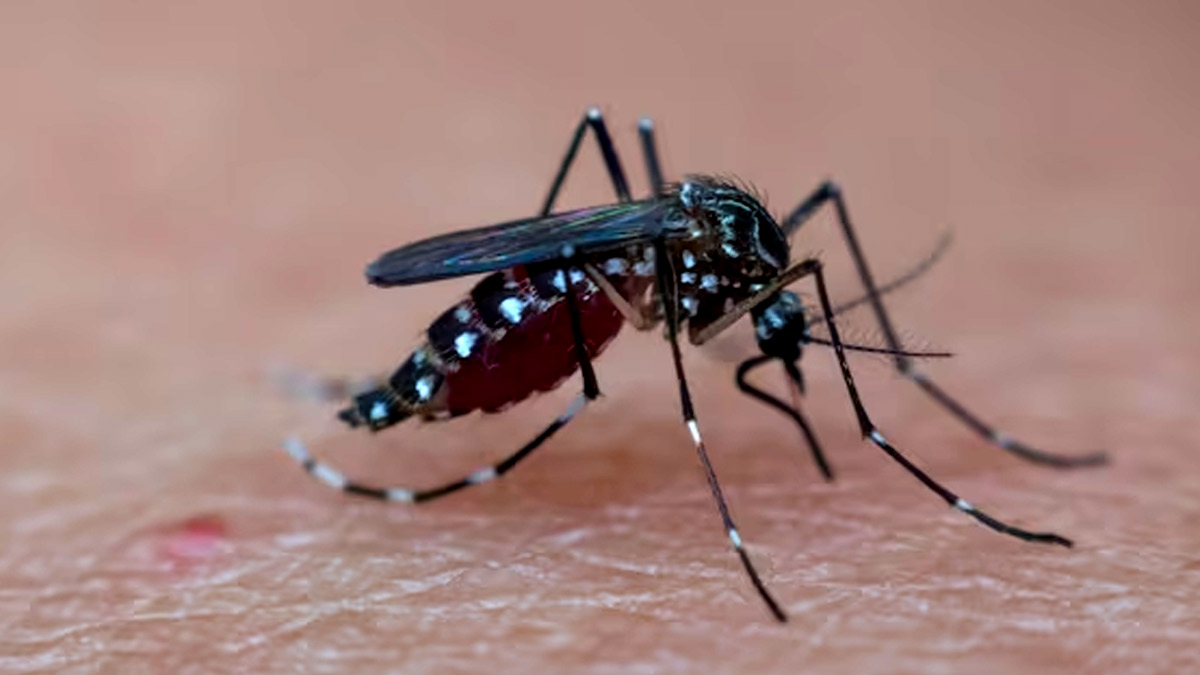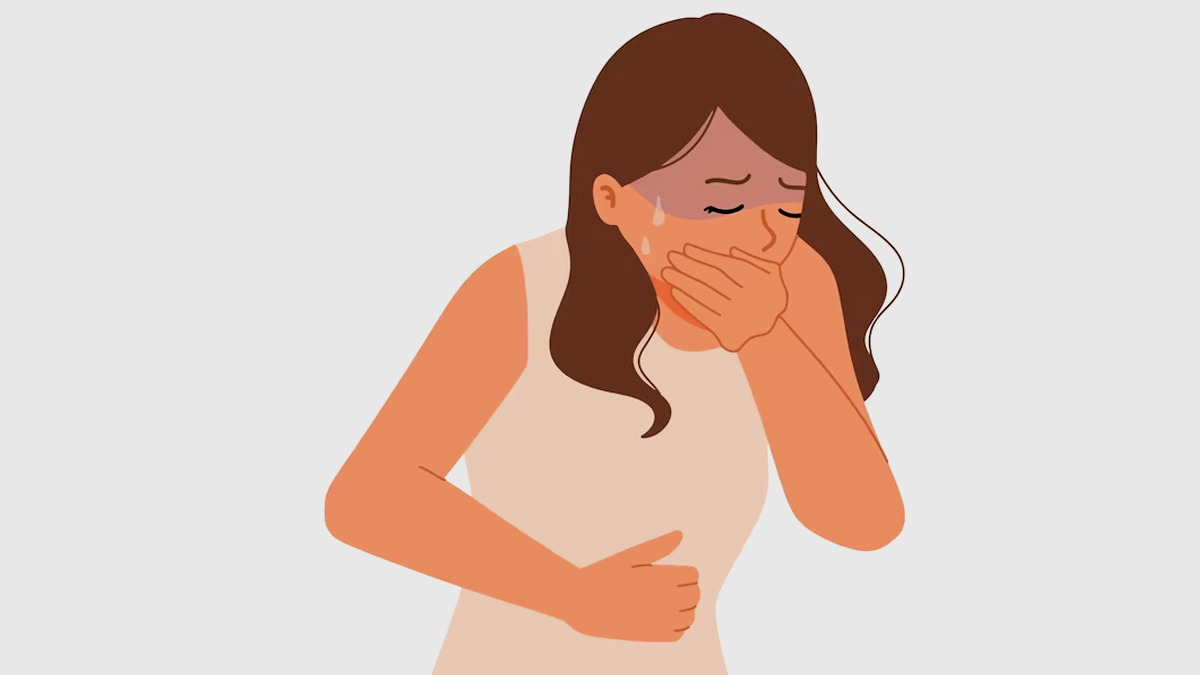
Malaria can be a life-threatening mosquito-borne disease, which remains a significant public health concern, particularly in tropical and subtropical regions. Malaria is caused by the Plasmodium parasite and transmitted through the bites of infected Anopheles mosquitoes. Early detection and prompt treatment is important for preventing severe complications and potential fatalities. According to Dr Saniya Wasim Shaikh, Tropical Diseases Specialist, Masina Hospital, Mumbai, following are the symptoms of malaria.
Table of Content:-
Periodic Fever
One of the most common and earliest symptoms of malaria is a high fever. The fever typically comes in cycles, with sudden spikes and subsequent declines. The pattern can be daily, every other day, or every third day, depending on the type of malaria parasite involved. Fever can be accompanied by chills, profuse sweating, and a general feeling of malaise.

Also read: What Is Mosquirix, The First Malaria Vaccine Approved By WHO
Headaches and Body Aches
Intense headaches and body aches are frequent signs of malaria. People may experience pain in their muscles, joints, and back, making it difficult to perform routine activities. These symptoms are often mistaken for flu or other viral infections, leading to delayed diagnosis and treatment.
Fatigue and Weakness
Malaria can cause extreme fatigue and weakness due to the destruction of red blood cells by the parasite. As the infection progresses, the body's energy levels deplete, resulting in persistent tiredness and reduced stamina. People may find it challenging to carry out even light tasks and experience prolonged recovery times after physical exertion.
Nausea, Vomiting, and Diarrhoea
Malaria can affect the digestive system, leading to symptoms such as nausea, vomiting, and diarrhoea. These gastrointestinal symptoms may contribute to dehydration and further weaken the body. People who live in or have recently travelled to malaria-endemic regions and experience these symptoms should consider malaria as a potential cause.

Jaundice and Anaemia
In severe cases of malaria, the parasite can infect and destroy red blood cells, leading to anaemia. As a result, patients may exhibit symptoms such as paleness and fatigue. Additionally, malaria can cause liver dysfunction, leading to jaundice, where the skin and eyes appear yellowish.
Respiratory Distress
Malaria can affect the lungs and cause respiratory distress, particularly in severe cases. Some may experience difficulty breathing, rapid breathing, and chest pain. Respiratory symptoms should never be ignored, as they indicate a potentially life-threatening complication known as severe malaria.
Also read: New CRISPR-based System May Eliminate Malaria Carrying Mosquitoes
Altered Mental State and Seizures
In some severe cases, malaria can affect the brain and lead to cerebral malaria. This condition is characterised by altered mental state, confusion, and, in extreme cases, seizures or coma. Cerebral malaria is a medical emergency and requires immediate treatment.
Recognising the warning signs of malaria is crucial for timely diagnosis and appropriate treatment. If you live in or have travelled to a malaria-endemic area and experience any of the mentioned symptoms, seek medical attention promptly. Malaria is a serious disease that can quickly escalate into life-threatening complications if left untreated.
Also watch this video
How we keep this article up to date:
We work with experts and keep a close eye on the latest in health and wellness. Whenever there is a new research or helpful information, we update our articles with accurate and useful advice.
Current Version